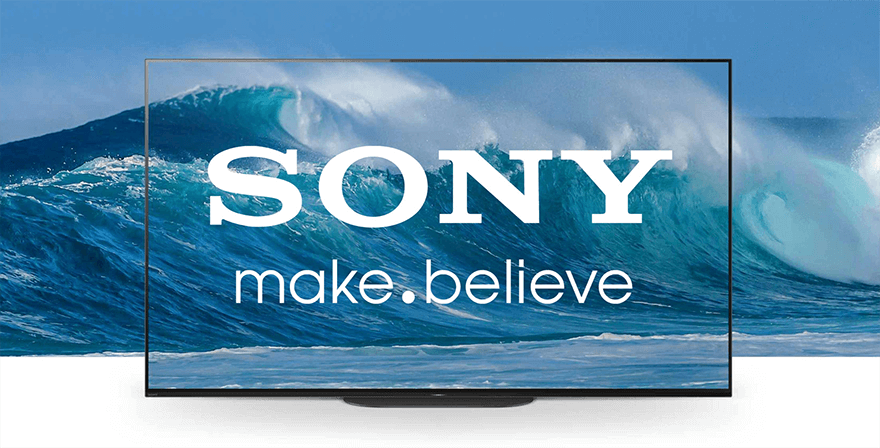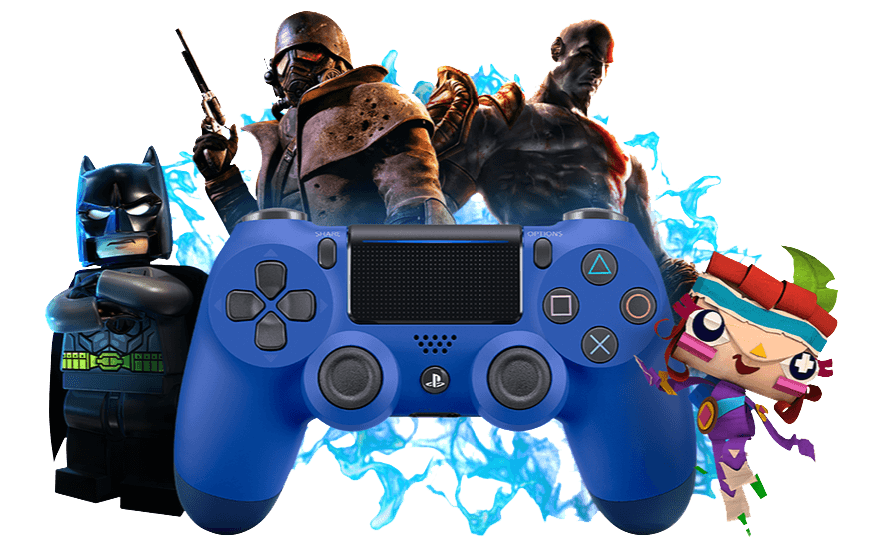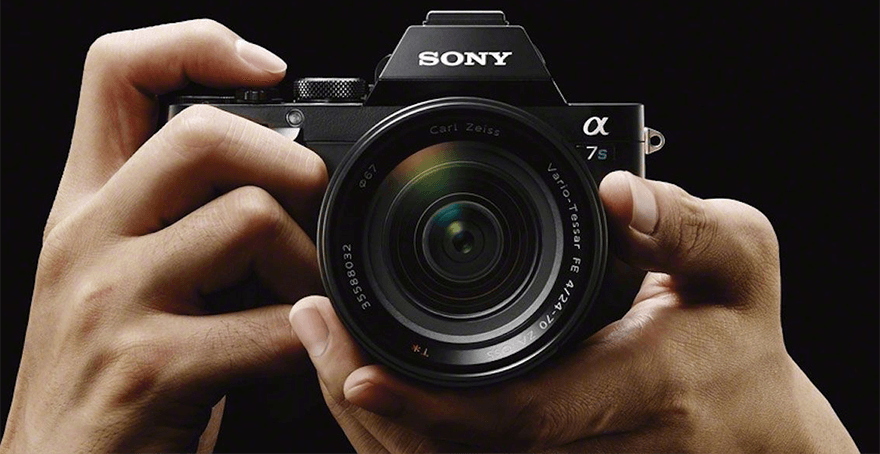Sony Corporation Story
How did everything started
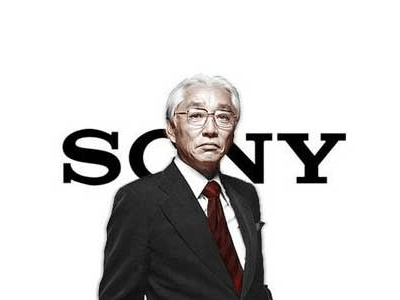
Though the name Masaru Ibuka may not be widely recognised, the impact Ibuka has had upon the world has been significant. From small beginnings, Ibuka is seen as the founder of an electronics company that has since become a world leader in the manufacturing of a vast range of products as well as being heavily involved in the movie production industry.
In 1946, hot on the heels of the end of World War II, Ibuka opened an electronics store located within a Tokyo department store. With only eight employees and a starting capital of approximately £1400, what was to become a huge company was begun. In May of the same year, Ibuka and Akio Morita joined forces to start the Tokyo Telecommunications Engineering Corporation. The Type-G, Japan’s first tape recorder, was created and produced by the company which in 1958 the founders renamed Sony.
Reaching an agreement as to what name the company would carry going forward was no easy task. The two men spent time considering various names before reaching the agreement to call it Sony. It seemed like a good solution to use the initials of their original company name, but the Tokyo Railway company already used the same initials, and Ibuka and Morita decided it would cause confusion to move ahead with this choice. Totsuko was also considered as a name, but after travelling to the United States, Morita found that Americans found the name difficult to pronounce. The name Sony came about as a result of mixing the two words sonus (Latin root for sound and sonic), and sonny, a term often used to refer to young boys in America at that time.
Though the official name change did not come about until 1958, the founders of Sony put the new brand name on their transistor radio the TR-55 in 1955. Both his partner Ibuka and the Mitsui Bank were opposed to the idea of a single word name but when Morita expressed strongly his belief that the name had the advantage of not limiting the type of business the company could conduct, the Bank Chairman and Ibuka agreed. It also was a name that would be easy for Americans to both pronounce and remember, which was vital to the future of the company and its ability to successfully break into the US electronics market.
While the Sony partners had high hopes of cornering a large share of the electronics market in America, the growth of sales of their transistor radios exceeded their hopes, with millions of teens enjoying the freedom of the portability of the small electronics. For the new company, the sale of 100,000 units in 1955 was exciting and bode well for the future of Sony, but it was nothing compared to the estimated 5 million units that had been sold by 1968.
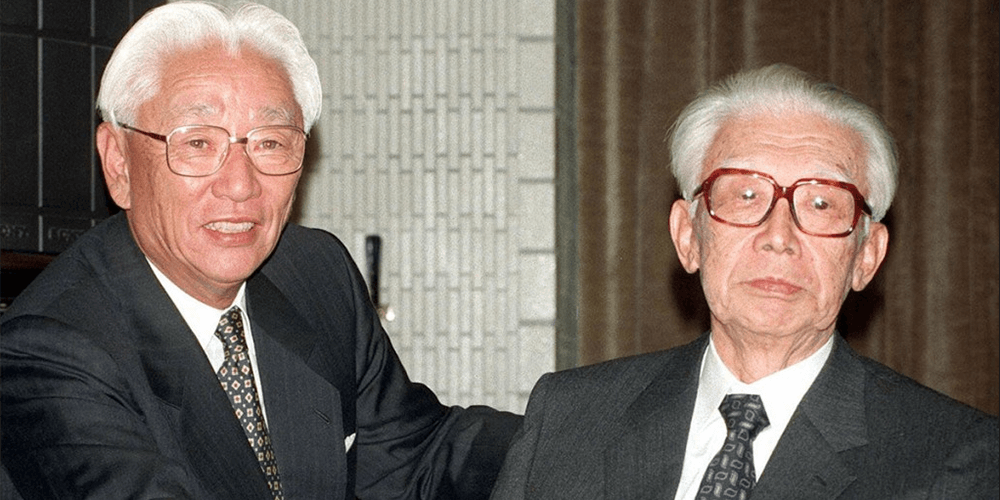
Given the popularity of their products, it seemed only natural to form the American branch of Sony (Sony Electronics of America). This happened in 1960 during a time of great sales growth, and growing popularity for the Sony name. Co-founder Morita set up and headed the American company and set about ensuring that the name Sony gained a great reputation. Largely due to the quality of Sony’s products Americans began to see products produced in Japan in a better light, and it was the same high quality that made it possible for the company to hold tight to their higher prices than other similar products on the market.
Ibuka stood down as President in 1971, handing the position over to his co-founder Morita. Under Morita’s leadership Sony broke into the life insurance market in 1979, and though insurance may not have been the first branching out from electronics he envisioned, doing so proved the single name of Sony was the right decision.
The 1980’s global recession resulted in a dramatic downturn in the sales of electronics and Sony was forced to reduce prices in order to stay competitive. Rumours began to circulate that Sony was not going to survive, particularly after the company’s share profits fell. The company President at the time, Norio Ohga, pushed hard to develop the compact disc in the 1970s and 1980s. Ohga was also responsible for seeing the PlayStation video gaming platform take the world by storm during the 1990s. Contrary to the whispers heard during the recession of the 1980’s, Sony not only survived but proved the company was capable of withstanding tough times and working towards a better future.
This period of change began a roller-coaster ride for the company, with leaders expanding the range of industries Sony was involved in to include music and moviemaking by purchasing CBS Records in 1988, quickly following in 1989 by the acquisition of Columbia Pictures. Through many ups and downs over the following decades, Sony still is a household name to this day, providing quality products and services to many world markets.

